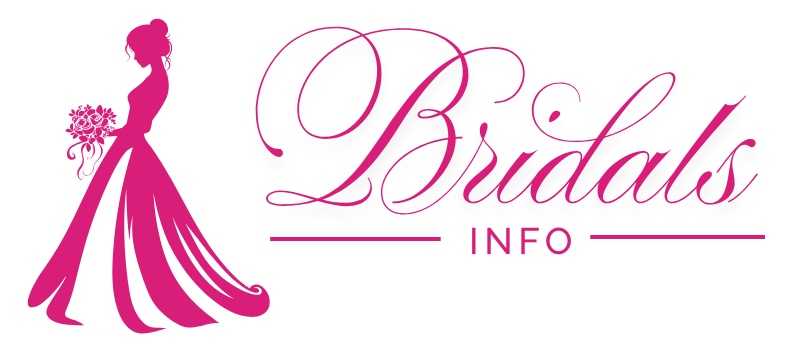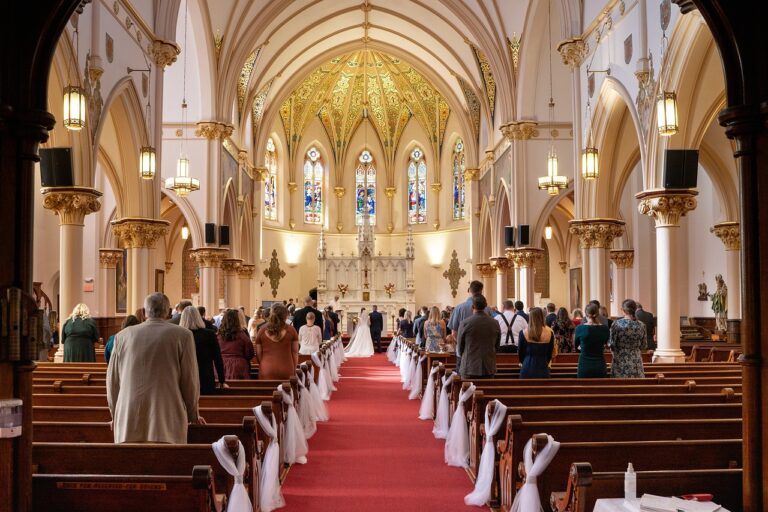Weddings have evolved from strict structures to highly customized events in recent years. One of the most personal and important choices in this process is now selecting the officiant. The officiant is now the ceremony’s emotional center and no longer merely a formality. They direct, recount, and provide legal validation for what may be the most intimate moment in a couple’s life.
To prevent limiting your options, start early, ideally six months in advance. Similar to attempting to hire a highly sought-after photographer, the best officiants are booked up quickly, particularly during busy times of the year. Couples usually have to compete for top-tier professionals in cities like New York or Los Angeles, where ceremonies frequently serve as cultural showcases. Consider Suanne Bonan and her staff at Officiant NYC, who combine legal expertise with incredibly relatable narratives. Her rituals are frequently commended for being strikingly poignant and incredibly clear.
Key Factors to Consider When Choosing a Wedding Officiant
| Factor | Description |
|---|---|
| Ceremony Type | Religious, civil, secular, interfaith, bilingual, or themed—define what fits your vision. |
| Legal Authorization | Ensure the officiant is legally qualified and registered to perform marriages in your location. |
| Experience Level | Look for past weddings, public speaking comfort, and understanding of various cultural or ceremonial practices. |
| Personal Connection | Choose someone who resonates with your values and genuinely reflects your relationship dynamic. |
| Professionalism | Organized, punctual, communicative, and able to handle unexpected changes gracefully. |
| Price Range | Varies from $100 to $800+, depending on expertise, customization, travel, and rehearsal involvement. |
| Availability | Ideal to book 6–12 months ahead to secure preferred dates and avoid last-minute compromises. |
| Customization Willingness | Open to crafting personalized vows, rituals, readings, and cultural traditions to suit your relationship. |
| Referrals and Reviews | Trust recommendations from friends, online reviews, and wedding vendor referrals for authentic insights. |
| Inclusivity and Values | Particularly important for LGBTQ+ couples or multicultural weddings; values should align with yours. |
The options are very flexible for those organizing a secular event. You could ask a reliable friend to fill the position or choose an experienced professional. Nowadays, a lot of couples rely on their loved ones to complete this task, particularly when authenticity is the aim. People who have officiated weddings in their inner circles, such as Kris Jenner and Tom Hanks, have significantly popularized this change. This method can feel very intimate and emotionally impactful when used carefully.
Selecting a friend or family member gives you someone who is familiar with your background, peculiarities, and significant events. However, the sentiment needs to be accompanied by planning. At that point, practice becomes essential. A steady delivery and the avoidance of awkward pauses and misread vows—elements that can easily upset the ceremony’s tone—are guaranteed by practice. Experienced officiants place a strong emphasis on rehearsal for a reason: it makes even the most apprehensive amateur a confident storyteller.
Clarity regarding doctrine is crucial for couples looking for a religious officiant. For instance, a Catholic couple getting married in a cathedral might have to go through premarital counseling and adhere to stringent ceremony rules. The same is true in Muslim, Hindu, or Jewish traditions, where rituals frequently have significance that spans generations. In these situations, the officiant represents heritage and legacy in addition to leading the ceremony.
Values must coincide regardless of the officiant’s background. Selecting a partner without first talking about the format or tone of the ceremony is a common mistake made by couples. Do you want it to be short, funny, emotional, or spiritual? This mismatch can cause confusion among guests and discomfort on the altar. This problem can be completely resolved by interviewing your top candidates. Get some intelligent questions ready. Inquire about how they manage time and anxiety, how they handle different family dynamics, or how they customize ceremonies.
Verified reviews and video samples are now available from many officiants thanks to strategic partnerships with websites like WeddingWire and The Knot. More information can be gained from watching these clips than from reading text bios. In addition to hearing their speech, you’ll also sense their interpersonal connections, which is crucial for a role this symbolic.
Inclusivity is another increasingly important factor. It is important for LGBTQIA+ couples or multicultural unions to find a partner who values, reflects, and represents their identities. Karla Villar, a genderqueer officiant with Once Upon a Vow, notes that officiants can be particularly beneficial in validating love that hasn’t always been given space in traditional settings. Her rituals reclaim marriage rather than merely commemorate it.
Consider logistics when you’re making your final decision. Will they be able to attend your rehearsal? Do they provide counseling prior to the wedding? Are they able to help with your vows? Will they take care of and file the marriage license on time? All of these moving components will be handled by an extremely effective officiant, enabling you to remain emotionally present on the day.
After you’ve decided, stay in touch on a regular basis. Clarity is fostered by jointly drafting the ceremony. The majority of experts will offer templates or questionnaires to assist in crafting your narrative. Even so, make space for the human element—those impromptu pauses, perceptive looks, and happy tears.
Your officiant will interpret your journey during the ceremony, in addition to announcing your vows. They will be the guide who establishes the beat and the first voice heard. Their duties are incredibly varied; they have to calm your nerves, cue the wedding party, and interact with guests all at once.
They become more than just a narrator in this capacity; they become an integral part of your narrative. Calm is brought about by a good one. A good one adds significance. And the ideal one? Only the recollection of something profoundly correct remains after they fade into the background.
Finding the ideal officiant isn’t just a step in your planning—it’s the cornerstone of a day that depends on emotion, clarity, and connection. Additionally, a well-chosen officiant does more than simply conduct your ceremony. They make it better.

